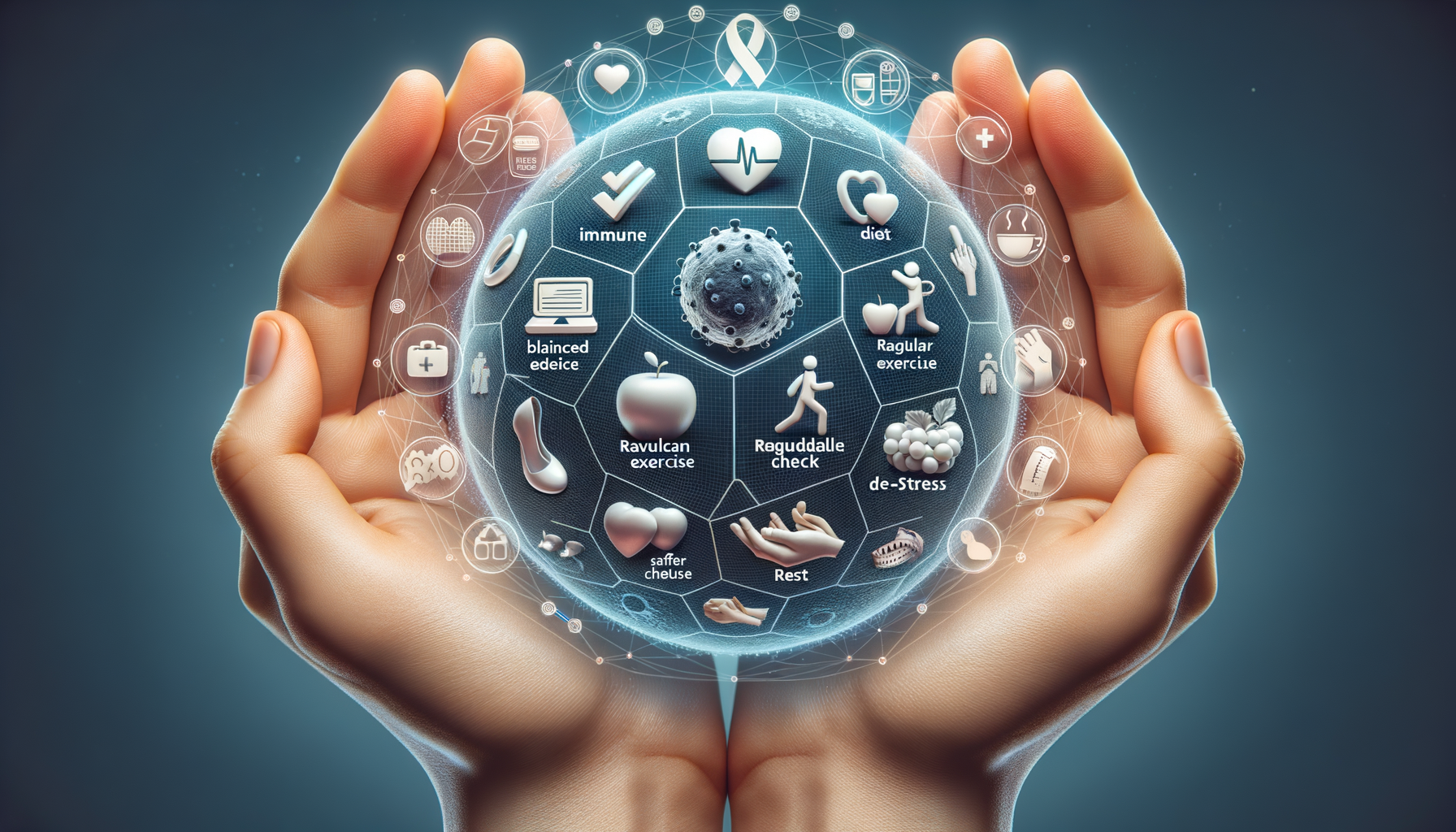Understanding the Causes of Cystitis
Cystitis is a common type of urinary tract infection (UTI) that primarily affects the bladder. It often results from bacterial infections, most commonly caused by Escherichia coli (E. coli), which naturally resides in the bowel. When these bacteria enter the urinary tract, they can multiply and irritate the bladder lining. Although it’s more frequent in women due to anatomical differences, cystitis can affect anyone. Other contributing factors include poor personal hygiene, frequent sexual activity, use of certain hygiene products, and underlying health conditions like diabetes.
In some cases, cystitis may not be caused by infections. Non-infectious cystitis can result from irritants such as harsh soaps, certain medications, or prolonged catheter use. Understanding the root cause is crucial when considering cystitis treatment, as it helps determine the most effective method for managing symptoms and preventing recurrence.
Recognizing Symptoms and When to Seek Help
Early recognition of cystitis symptoms can lead to quicker relief and reduce the risk of complications. One of the hallmark signs is burning urination, often accompanied by a frequent and urgent need to urinate. Other symptoms include:
- Cloudy or strong-smelling urine
- Lower abdominal discomfort or pressure
- Low-grade fever (in some cases)
- Blood in the urine
While mild cases can often be managed at home, it’s important to seek medical advice if symptoms persist for more than a couple of days, worsen, or are accompanied by fever, chills, or back pain. These could indicate a more serious infection, such as a kidney infection, which requires prompt medical attention.
How to Treat Bladder Infection Effectively
For bacterial cystitis, antibiotics are commonly prescribed and typically provide quick UTI relief. However, taking the full course as directed is essential to ensure the infection is completely cleared. In addition to medical intervention, increasing fluid intake helps flush out bacteria from the bladder. Water is the most beneficial, but unsweetened cranberry juice is also commonly used as a complementary approach.
Here are general steps on how to treat bladder infection effectively:
- Consult a healthcare provider to confirm the diagnosis
- Take antibiotics exactly as prescribed
- Drink plenty of water to aid in flushing bacteria
- Avoid bladder irritants such as caffeine, alcohol, and spicy foods
Over-the-counter pain relief may also help alleviate discomfort while the antibiotics take effect. Some people find heating pads helpful for managing lower abdominal pain.
Natural Remedies for Cystitis and Preventive Measures
While prescription medication remains the standard for acute bacterial infections, many individuals explore natural remedies for cystitis to complement their treatment or help prevent future episodes. These remedies focus on supporting the urinary tract and boosting general health.
Popular natural options include:
- Drinking herbal teas with anti-inflammatory properties such as chamomile or marshmallow root
- Taking D-mannose supplements, which may help prevent E. coli from attaching to bladder walls
- Consuming probiotics to maintain a healthy balance of bacteria in the gut and urinary tract
For ongoing prevention, consider these lifestyle adjustments:
- Wipe from front to back after using the toilet
- Urinate before and after sexual activity
- Avoid using irritating feminine hygiene products
- Stay hydrated to help flush the urinary system regularly
It’s important to consult with a healthcare provider before starting any new supplement or remedy, especially if you have underlying health conditions.
Burning Urination Treatment and Comfort Strategies
The burning sensation during urination is one of the most uncomfortable symptoms of cystitis. A targeted burning urination treatment approach can help manage this symptom more effectively. In addition to antibiotics or prescribed medication, some self-care strategies can soothe the urinary tract and reduce discomfort.
These include:
- Using a heating pad on the lower abdomen to ease bladder pressure
- Wearing loose-fitting clothing to reduce irritation
- Drinking soothing fluids like barley water or diluted chamomile tea
- Avoiding acidic foods and beverages that may irritate the bladder lining
Over-the-counter urinary pain relief tablets are also available and may offer temporary respite. However, these should only be used under guidance and not as a substitute for proper cystitis treatment. If burning urination continues despite these measures, further evaluation may be necessary to rule out more complicated infections.
Conclusion: Taking Control of Cystitis Symptoms
Managing cystitis effectively involves a combination of timely medical treatment, practical self-care, and preventive strategies. Knowing how to treat bladder infection properly can significantly reduce discomfort and speed up recovery. Whether through prescribed medication or incorporating natural remedies for cystitis, the goal is to relieve symptoms like burning urination and prevent future episodes.
If you experience frequent UTIs or recurrent cystitis symptoms, consulting a healthcare professional for a tailored prevention plan can make a significant difference. By staying informed and proactive, you can take meaningful steps toward long-term urinary health and comfort.




Leave a Reply